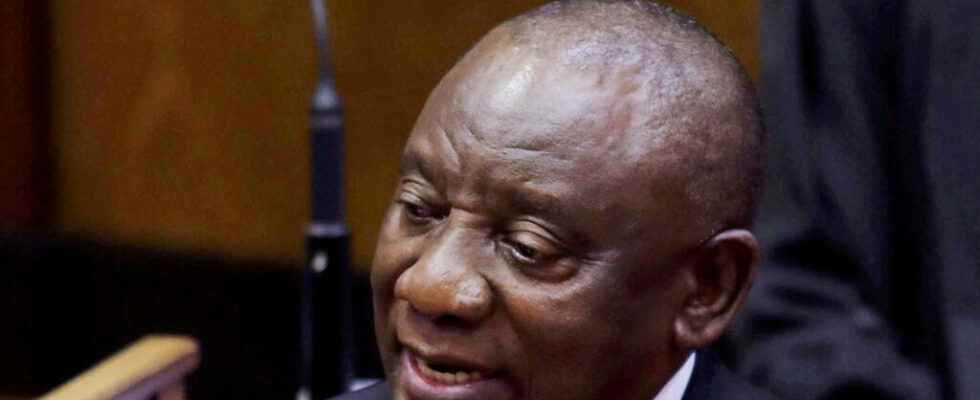In South Africa, the ruling party, the African National Congress, reacted to the Russian invasion this Sunday, February 27. In a long, confused press release, the ANC said it was worried by the rapid escalation of the conflict between Russia and Ukraine and called for its resolution, solely through mediation between the two countries. A late position, as had been judged that of President Cyril Ramaphosa.
With our correspondent in Johannesburg, Roman Song
The opposition Democratic Alliance party denounces the ANC’s slowness to condemn the conflict and underlines the party’s links with a Russian oligarch.
The ANC and Russia have a long history in common. The Soviet Union was the South African party’s greatest ally in its fight against the apartheid regime. Moscow trained the soldiers of the armed wing of the ANC and provided equipment.
The former president, Thabo Mbeki, did part of his studies in Moscow. From these years of struggle, a long-term friendship was born.
Jacob Zuma, president from 2009 to 2018, was very close to Vladimir Putin until spending a vacation in Russia. Moreover, today on Twitter, the Zuma clan shows its support for the Russian president in his war against Ukraine.
Putin is still a question when we look at the financing of the ANC. Among the donors is the mining company Manganese of Kalahari, largely owned by Russian oligarch Victor Vekselberg, a friend of the Russian president.
Read also : In South Africa, the ANC financed by a Russian billionaire
The Democratic Alliance, South Africa’s leading opposition party, sees this as the reason why the ANC refuses to clearly condemn the Russian invasion. The Democratic Alliance demands the freezing of the assets of this oligarch.
For its part, the ANC demands that the two parties – Ukraine and Russia – sit around the table to negotiate.
